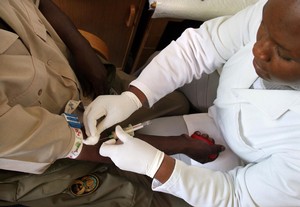Apple has put one of its key suppliers on probation for breaking its supply chain rules.
Taiwanese firm Pegatron had asked students to work night shifts and overtime at one of is plants in mainland China, the US company said.
Apple added the contractor had falsified paperwork and misclassified some of the workers, to disguise the violations.
Pegatron said that once it had become aware of the issue, it was fixed.
But Apple says it will not award the firm any new business until further “corrective actions” are completed.
Pegatron is one of a handful of companies involved in the assembly of iPhones.
Apple said that Pegatron had breached its Supplier Code of Conduct by allowing students to carry out work which had no connection to their studies.
“The individuals at Pegatron responsible for the violations went to extraordinary lengths to evade our oversight mechanisms,” its statement said. It also said the executive in charge of the student work programme had been fired.
Pegatron acknowledged that the problem was uncovered by Apple’s monitoring programme, and said it had subsequently taken immediate action.
“Some student workers at Pegatron Shanghai and Kunshan campus were identified working night shift, overtime and in positions unrelated to their majors, which were not in compliance with local rules and regulations,” it said.
Those affected were taken off production lines and given “proper compensation”, and an external audit has been commissioned to strengthen procedures, it added.
The precise terms of the probation were not laid out, but Apple’s statement indicates that its current contracts would not be affected, which might otherwise have threatened the existing rollout of new iPhones.
Workers’ rights campaigners have repeatedly criticised conditions in the factories which Apple uses, despite its insistence that it has rules to prevent staff being exploited.
In 2014, a BBC investigation found that conditions at a Pegatron production line for the iPhone 6 frequently violated Apple’s promises to protect workers.
Undercover reporters were required to work 18 days in a row or work 16-hour shifts for the firm, among other issues.




